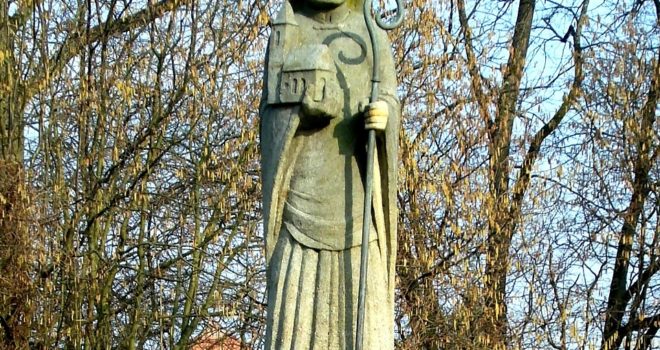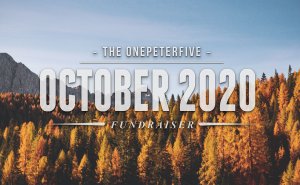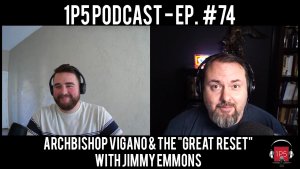Disney’s ‘Clouds’ doesn’t put family’s Catholic faith on back burner
The latest faith-inspired Disney movie Clouds tells the story of Zach Sobiech, a high school student who wrote a song that went viral during his senior year, after finding out his cancer was terminal.
Read More Wolfgang was born in Swabia, Germany in 930 A.D. He studied at Reichenau under the Benedictines and at Wurzburg before serving as a teacher in the cathedral school of Trier. He soon entered the Benedictines at Einsiedeln in 964 and was appointed head of the monastery school, receiving ordination in 971. He then set out […]
Wolfgang was born in Swabia, Germany in 930 A.D. He studied at Reichenau under the Benedictines and at Wurzburg before serving as a teacher in the cathedral school of Trier. He soon entered the Benedictines at Einsiedeln in 964 and was appointed head of the monastery school, receiving ordination in 971. He then set out […]




Recent Comments